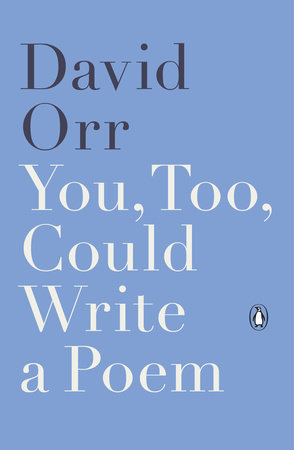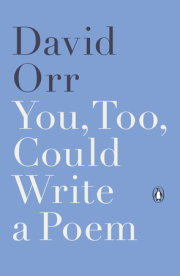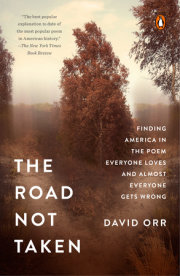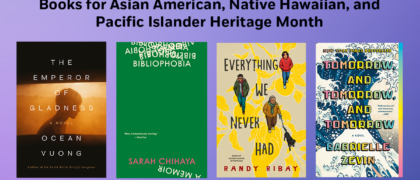A collection of reviews and essays by David Orr, the New York Times poetry columnist and one of the most respected critics in America today, his best work of the past fifteen years in one place
Poetry is never more vital, meaningful, or accessible than in the hands of David Orr. In the pieces collected here, most of them written originally for the New York Times, Orr is at his rigorous, conversational, and edifying best. Whether he is considering the careers of contemporary masters, such as Louise Glück or Frederick Seidel, sizing up younger American poets, like Matthea Harvey and Matthew Zapruder, or even turning his attention to celebrities and public figures, namely Oprah Winfrey and Stephen Fry, when they choose to wade into the hotly contested waters of the poetry world, Orr is never any less than fully persuasive in arguing what makes a poem or poet great—or not. After all, as Orr points out in his introduction, “Poetry is a lot like America, in the sense that liking all of it means that you probably shouldn’t be trusted with money, or scissors.”
Orr’s prose is devoted to common sense and clarity, and, in every case, he brings to bear an impeccable ear, an openhandedness of spirit, and a deep wealth of technical knowledge—to say nothing of his shrewd sense of humor. As pleasurable as it is informative, Orr’s journalism represents a high watermark in the public discussion of literature. You, Too, Could Write a Poem is at heart a love note to poetry itself.












